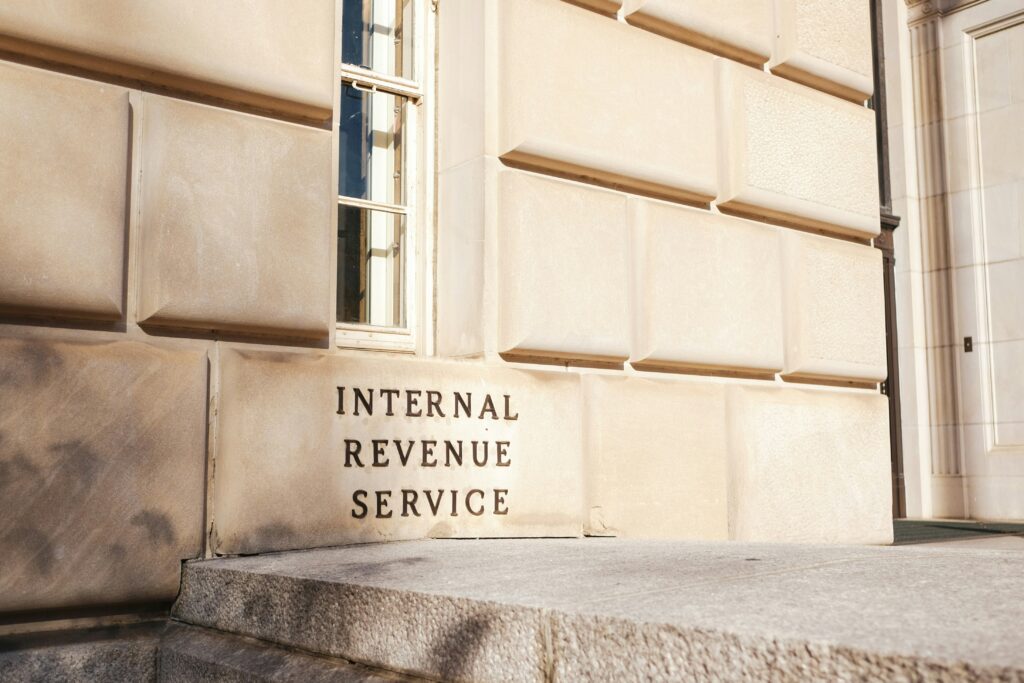Are You Cheating Yourself by Using IRS Mileage Rates?
Choosing Between IRS Mileage Rates and Actual Expenses for Business Vehicle Deductions
In 2022, if you purchased a $50,000 SUV for business use and drove it 15,000 miles (87% business-related), you would have to decide whether to use the IRS standard mileage rates or the actual expense method to deduct vehicle-related costs. The IRS mileage rates for 2022 were 58.5 cents per mile from January 1 to June 30, and 62.5 cents per mile from July 1 to December 31. The business miles driven would account for 13,050 miles (87% of 15,000). The question is whether using the IRS mileage rate is the most beneficial option.
Would You Be Cheating Yourself by Using the Mileage Rates?
Yes, in this example, using the IRS mileage rates would lead to a suboptimal tax deduction. By using the mileage rates instead of the actual expense method, you would be leaving money on the table. Specifically, you would lose $5,712 in after-tax cash. This result comes from an analysis that considers the entire vehicle ownership period (three years), factoring in depreciation, bonus depreciation, Section 179 expense, and other ownership costs.
How Much Would You Lose?
The analysis shows the following:
- Using the actual expense method, bonus depreciation, Section 179 deductions, and depreciation would total $58,832 over the vehicle’s ownership period.
- Mileage rate deductions would result in only $24,469 over the same period.
- The actual expense method would allow you to deduct $10,179 in IRS mileage rate depreciation, which is typically unavailable with the mileage method.
- If you use the IRS mileage rate, you will incur a $26,361 loss upon selling the vehicle instead of a $6,960 gain using the actual expense method.
- After applying appropriate tax rates, the difference between the two methods would result in a net loss of $5,712 in after-tax cash when choosing the mileage rate option.
Is There an Easy Way to Decide?
Yes, an easy way to decide the best method for your situation is to use the 2022 IRS vs. Actual Expenses calculator. This tool helps you quickly compare the benefits of using the mileage rate method versus the actual expense method by considering the entire ownership period, including tax deductions and the vehicle’s eventual sale. The calculator is designed to save time and give you an accurate picture of which method would be most financially advantageous in the long run.
While many tax preparation software tools may give estimates based on a single year, the Bradford Tax Institute’s calculator provides a more comprehensive view, including depreciation over multiple years and the gain or loss from selling the vehicle.
Do You Qualify for the IRS Mileage Rate?
Only some people can use the IRS mileage rate. Some restrictions apply, including:
- More than five vehicles: If you have five or more vehicles on the road at the same time, you cannot use the IRS mileage rate.
- Leased vehicles: If you lease a vehicle, you cannot use the mileage rate unless you use it for the entire lease term.
- Section 179 or depreciation: If you’ve already claimed Section 179 expense or depreciation on the vehicle, you cannot use the mileage rate.
- Postage employees: If you use the vehicle to deliver mail as a postal employee, you cannot use the IRS mileage rate.
Corporations and partnerships generally cannot use the IRS mileage rate on corporate or partnership-owned vehicles. However, a corporation can reimburse employees using the mileage rate for personal vehicles used for business. The deduction rules for partnerships are complex, but partners may be able to deduct business-related vehicle expenses on their personal tax returns if they pay expenses out-of-pocket in accordance with the partnership agreement.
Can You Switch Methods?
Once you choose the actual expense method for a vehicle, you are committed to it for the life of the vehicle. However, if you initially choose the IRS mileage rate method, you can switch to the actual expense method later, under certain conditions. This allows you to assess whether the mileage rate is the most advantageous option during the early years of ownership and switch if it is less beneficial.
Conclusion and Takeaways
- Self-employed individuals are eligible to use the IRS mileage rate, but corporations and partnerships generally cannot claim this deduction on vehicles owned by the business.
- To maximize tax benefits, individuals who qualify for the IRS mileage rates should consider using the calculator to evaluate which method (IRS mileage rate or actual expenses) will provide the most significant financial advantage over the vehicle’s life.
- The IRS mileage rate may seem simple, but the actual expense method can lead to greater tax deductions, especially when factoring in depreciation, bonus depreciation, and the gain or loss upon vehicle sale.
- If you’re already using the IRS mileage rates and find them ineffective, consider switching to the actual expense method if the rules allow.










